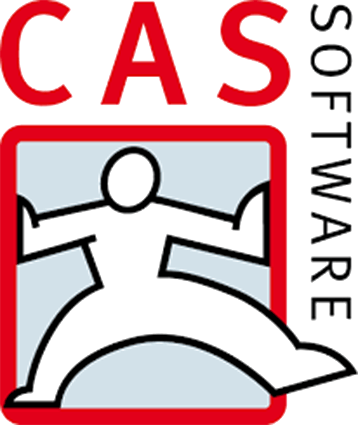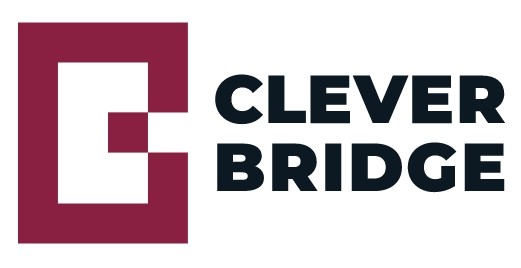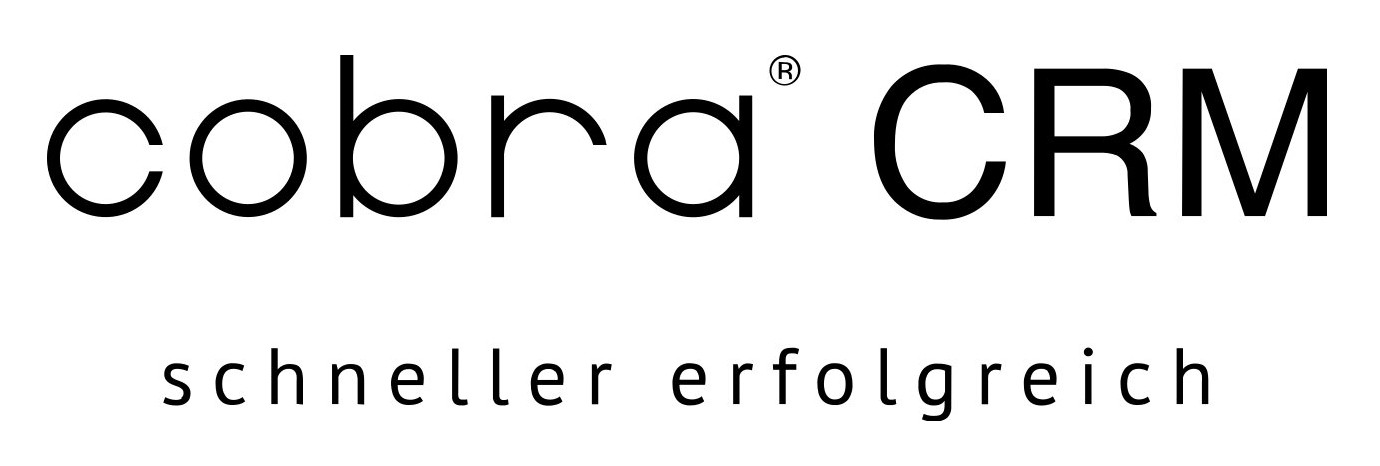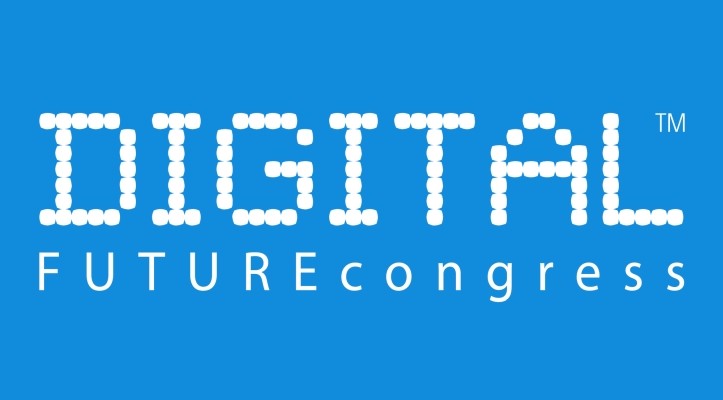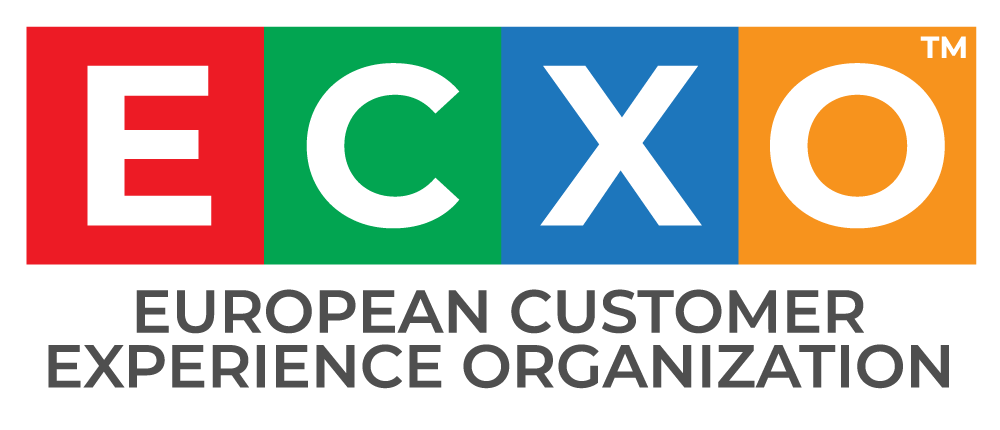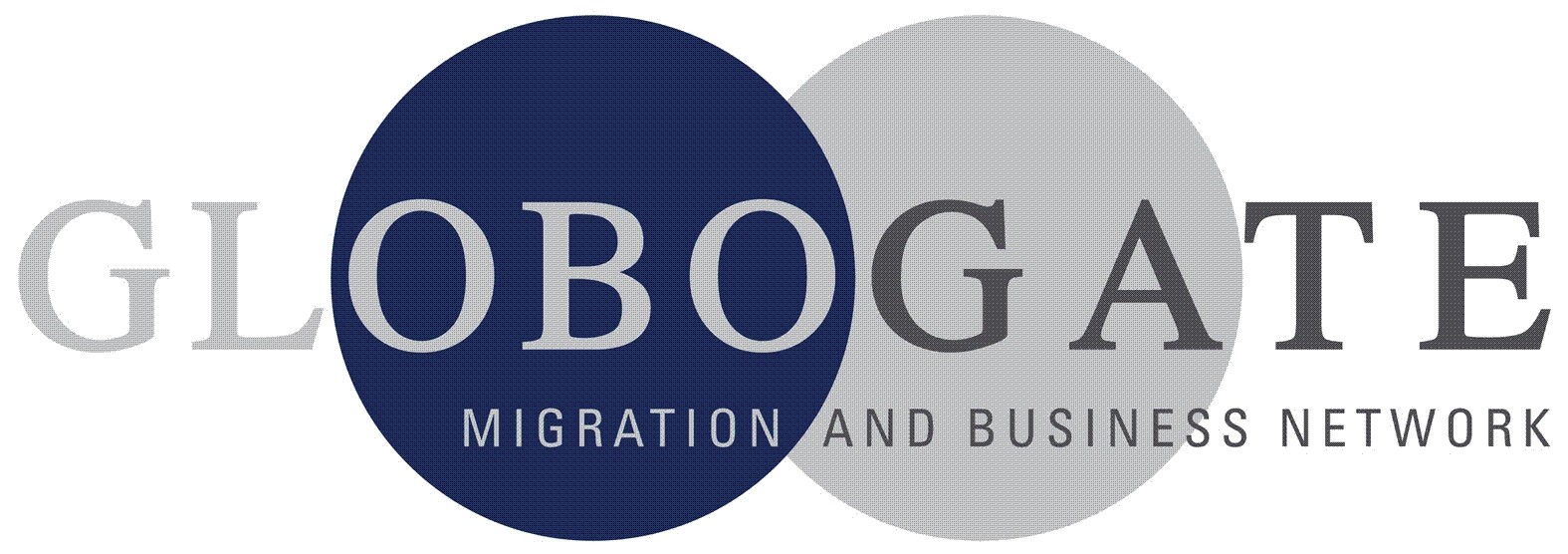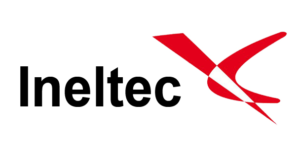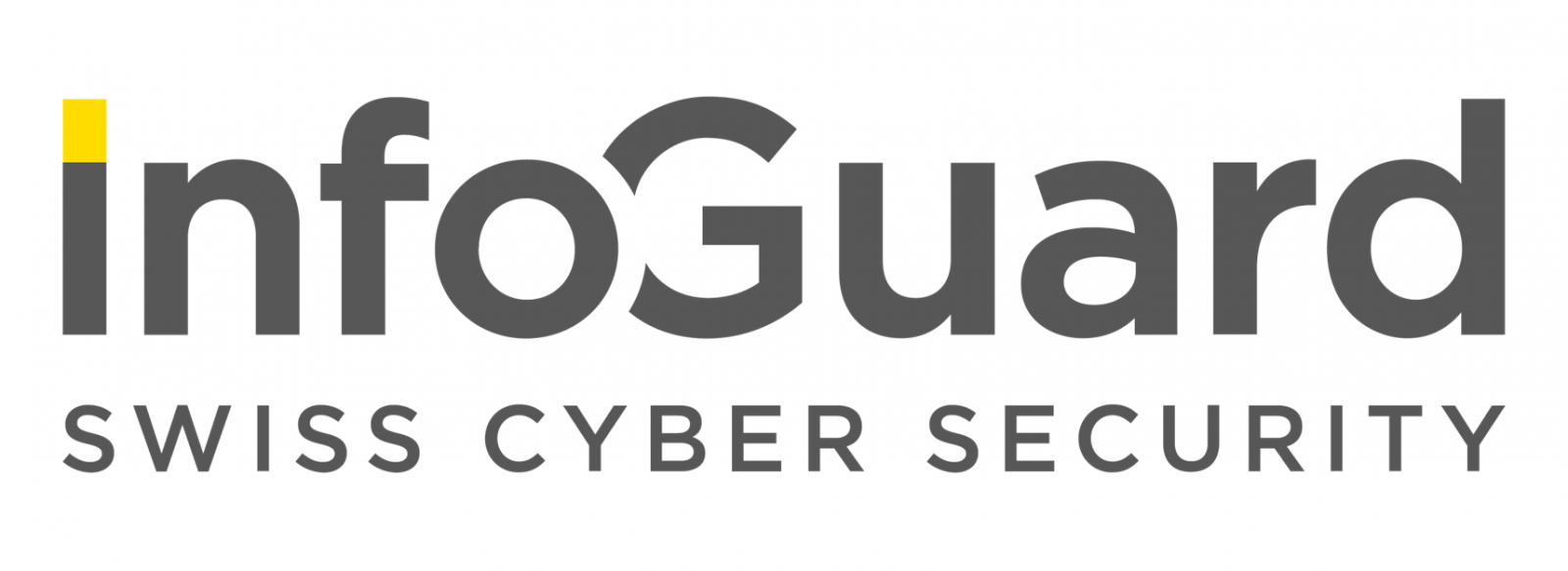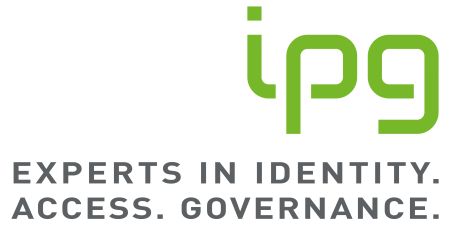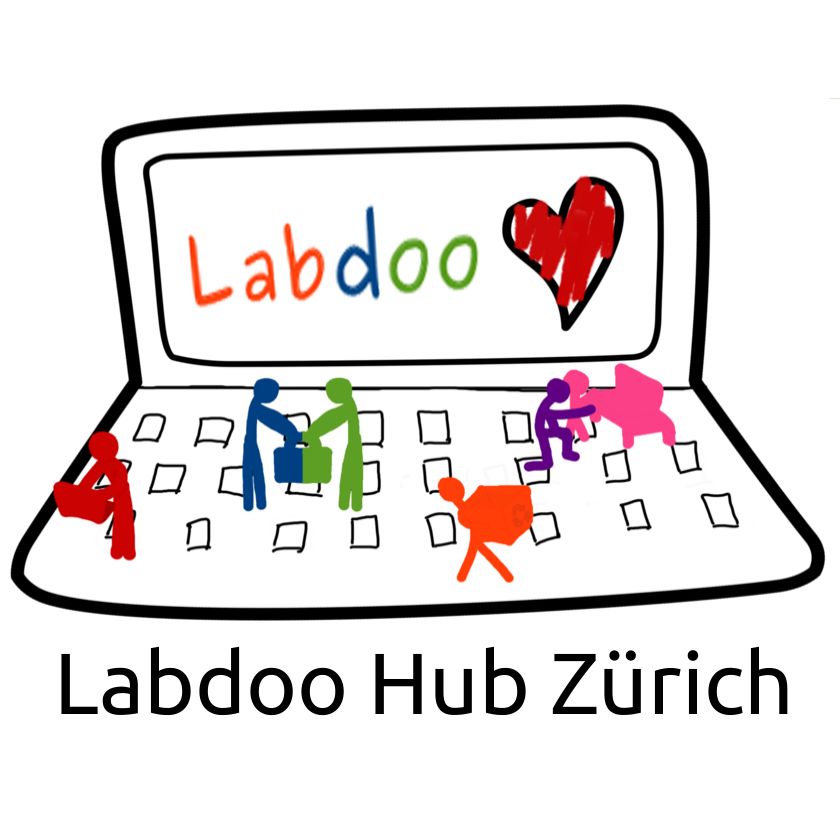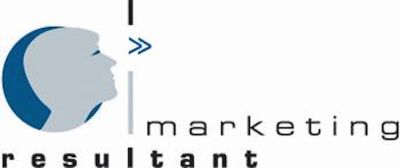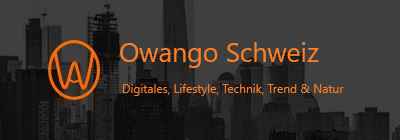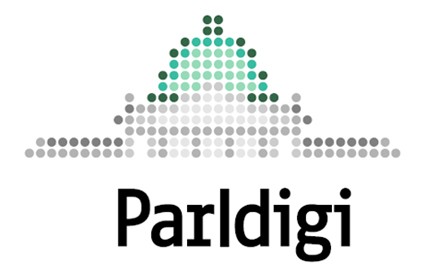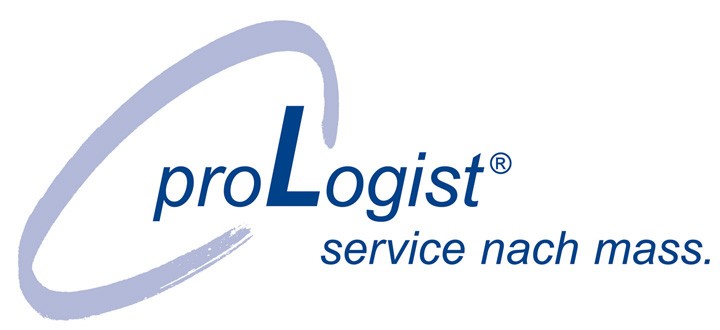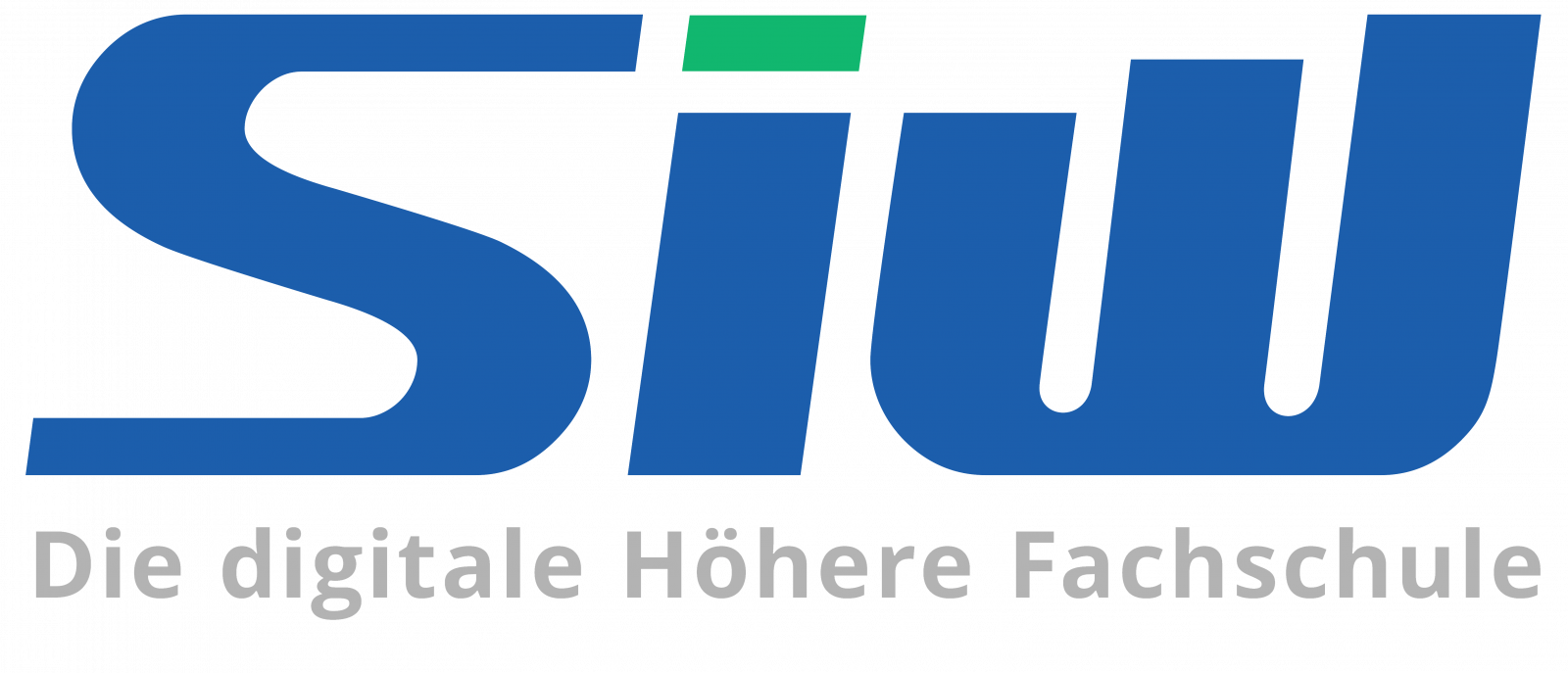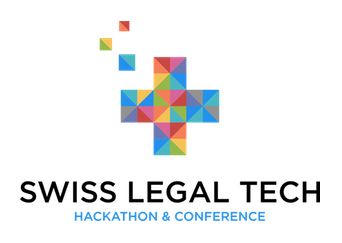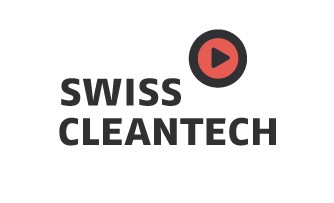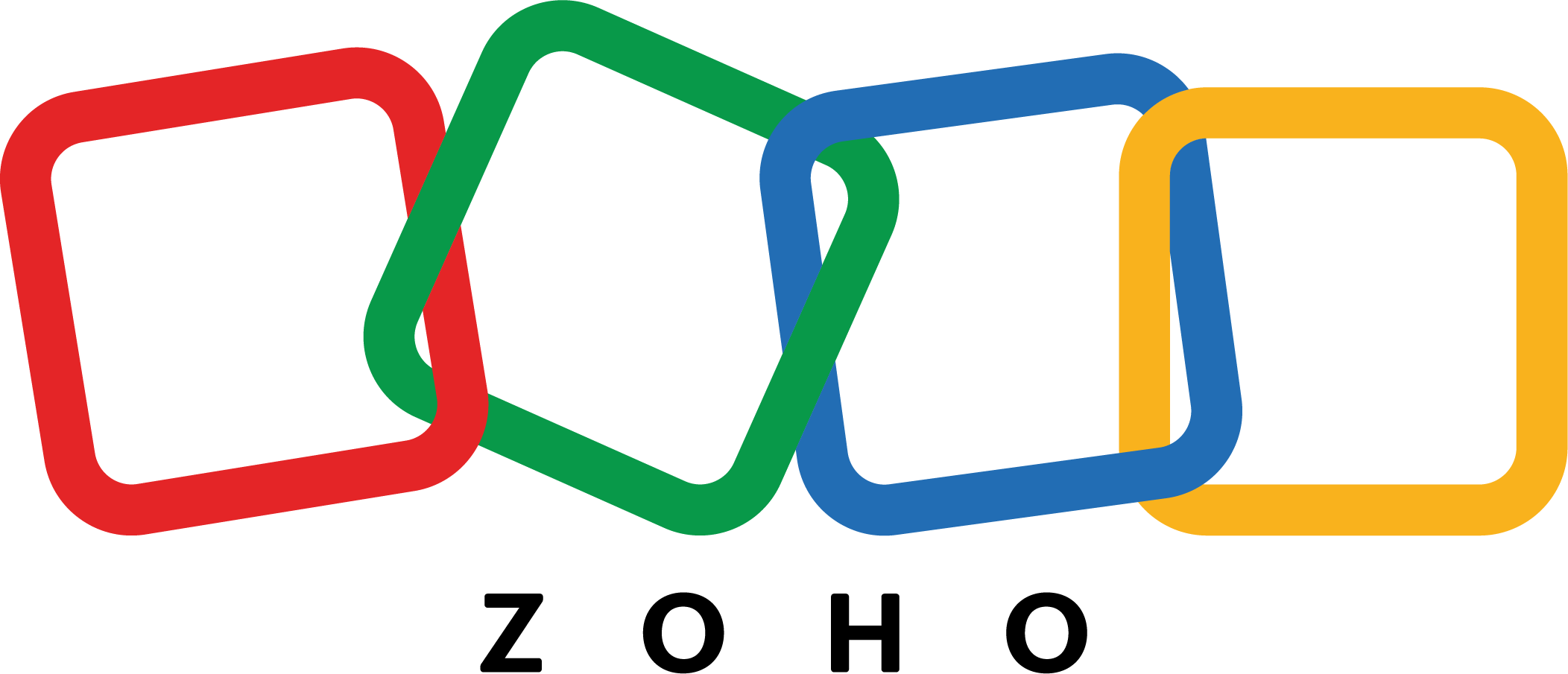Urs Hölzle: “I’ve been waiting for calm since 1999”
Urs Hölzle, is one of a very few senior vice presidents at Google. He oversees the American internet company’s global infrastructure.
Source: www.credit-suisse.com
No other Swiss person has had such a strong and immediate effect on the digital revolution as Urs Hölzle. The eighth employee to join Google, Hölzle was described by Business Insider as a “tech guru”; the Swiss broadcasting company Schweizer Fernsehen called him “the most important Swiss transplant in Silicon Valley.”
Hölzle holds a doctorate in computer science and has been a close associate of Google founders Larry Page and Sergey Brin from the company’s earliest days. He began in 1999 to develop the computer infrastructure for the search engine, leading to what are today the most efficient data centers in the world.
Credit Suisse: Mr. Hölzle, when Google went public, future shareholders were promised that the company would improve the lives of as many people as possible. That was in 2004 – have you managed to do so?
Urs Hölzle: We operate seven applications, each of which is used by a billion people every month – including Google Search, YouTube and Gmail. That’s great, and I hope that they are helpful for users. But in a sense we’re still in the beginning stages.
There was a huge surge in innovation around the turn of the 20th century, but it quickly died down. How do you know that innovation will continue today?
The internet has been around since 1995, and by 2007 we thought it had reached maturity. “Not much is going to change,” most people thought. And then came the smartphone! I’m sure that we will see enormous changes over the next 10 years.
Is it calmer today then in Google’s legendary early years?
I’ve been waiting for calm since 1999. Particularly the past two years have been very turbulent. One problem, and something that everyone in Silicon Valley is currently struggling with, is the end of Moore’s law. For a long time we could rely on chip speed doubling every 18 months. This is no longer the case. We’re lucky if it increases by 20 percent. But that’s not enough!
Today’s smartphones have more computing power than the first rocket that went to the moon – why do we need even more?
One example would be using speech recognition for devices, which is currently a major trend. This technology is based on artificial intelligence and is capable of learning on its own. But that requires a great deal of power.
Many modern devices can recognize speech.
Yes, we achieved a breakthrough about four years ago. Everyone was thrilled. But then we started thinking about the computing power that would be needed if over a billion Android users – the number at that time – took advantage of that feature for just three minutes a day. It would have required doubling the number of our data centers. Those three minutes would have cost us as much as everything else Google does, including YouTube and Gmail. And all that for a feature that wouldn’t earn us any money!
You decided to take a different path.
We built new computer chips. I don’t want to bore you with technical details, but these chips are like highly sophisticated race cars; they can do one thing amazingly well, but nothing else. Machine learning is 50 times as fast with these chips as with traditional hardware. If you had asked me five years ago whether we would make chips specifically for speech recognition, I would have said no way.
Google has broken new ground in countless areas. Much of what you do, no one else has ever tried. How does that feel?
Well, it sounds better than it actually is. Often we would prefer to use things that already exist, but in many cases we have had no choice but to invent them ourselves, because an “option B” was simply unavailable.
This constant search for the next big thing must cost enormous sums of money.
Experiments aren’t really that expensive in computer science. Initially all we needed for the speech recognition chip was a three-person team, which developed five different designs that were highly likely to achieve a 20- to 60-fold improvement. Only then did we decide to invest substantial resources in the project.
Self-driving cars and planes, eternal life, solving the energy problem: At Google, the next invention always has to be as revolutionary as the moon landing. Why is that?
Larry Page, Google’s co-founder, once observed that if you attempt something small, you have two problems. If you succeed, it’s not a big deal – no one cares. And if you don’t succeed, you’ve truly failed. It’s different with a moonshot. If it works out, it was worth it, and that makes up for 10 failed attempts. If it doesn’t succeed, you’ve probably learned something important. And finally: If you try to make a product 10 times better, but succeed “only” in making it twice as good, that’s still a very positive result. But if your goal is to produce a 10-percent improvement and you achieve only two percent – well…
The fourth industrial revolution is quite different than the third one. Changes are happening much more quickly…
The revolution we are experiencing today may indeed be more far-reaching and fast-paced than in the past, but I’m confident that it will bring positive results. There have always been profound changes – innovations in farming, as well as the steam engine, the car, telecommunications and computers – and so far, over the long term, all of them have improved our lives. This time, too, some things will go wrong, but it is virtually impossible to predict what those things will be. The crucial question is this: Are we optimistic or pessimistic?
Is it frustrating when people don’t share your optimism about the future?
Progress has always made the world a bit better, reducing poverty and the number of people dying in wars. Whether we look at the past 50 years or the past 200 or 2,000: Overall, the impact of science and technology has been overwhelmingly positive. Why should that change? Why are we so pessimistic, especially in Europe? When we look at the statistics, pessimism makes no sense. We should be much more optimistic.
Are you ultimately a utopian?
My attitude is like that of Larry Page. His response to that question was this: “No, the connotations of that word are too negative. I’m simply an optimist. Is that so bad?”
Cybercrime is increasing, as is online bullying. Self-driving cars are vulnerable to hacking. The list is long.
We Californians sometimes have the feeling that in Europe, innovation requires obtaining permission. First rules are put in place, and then you’re allowed to invent something. But it doesn’t work like that. If you’re living in a horse-and-buggy era, you can’t create rules for cars. Most of the great innovations in human history have involved a certain degree of chance. In the case of penicillin, for example, Alexander Fleming just happened to find it growing in his petri dishes when he returned home from vacation. We mustn’t regulate progress to death.
Your newest project is cloud computing. Back in 2013, you said that it had greater potential for Google than advertising. What makes you so sure?
I’m convinced that in a few years, outsourced IT services will be much more important than a company’s own IT. I’m 99.9 percent certain.
What, exactly, do you mean when you talk about the cloud?
It’s a world in which computers are either very small, like a smartphone or a simple laptop, or very large, like a data center. There’s nothing in between, and in particular no PCs. Performing challenging tasks, like managing a collection of photos or videos, requires connecting the small and the large computers. You do that through the internet. So all of a sudden a small computer is able to do everything that a large one can, and its storage capacity is almost unlimited. Another advantage is that a backup copy is created automatically – so losing your phone or laptop isn’t disastrous. That’s another reason why the cloud is more secure.
It’s more secure to store your data externally?
Yes, although many people still believe that the opposite is true. In less than five years it will be the other way around – everyone will know that it poses a significant risk if you store your data only locally, or if a company operates its own server room.
Can you expand on that?
I use one of our Chromebooks, but there are other options as well. With these laptops little is stored locally, and they use very simple software that is updated automatically. When you start the computer, the chip checks to make sure that you are using the original operating system; otherwise you can’t continue – so it’s nearly impossible to be infected with a virus. You don’t need antivirus software, and you don’t need a system administrator – the cloud takes care of that. And since the cloud handles a huge number of computers, it can do so much better and more cheaply than an individual company ever could. Sixty percent of American schools require Chromebooks, since they are under huge budgetary pressure. Each laptop costs 300 dollars, and the maintenance costs are zero. Business will follow.
But these cloud computers function only when you have access to the internet.
That’s right – internet access is needed to exchange data with the server. But I’d also like to point out that the cloud represents an enormous opportunity from an environmental perspective.
In the cloud, data is constantly being sent back and forth. Are you saying that’s energy-efficient?
IT is responsible for two percent of the world’s energy consumption, comparable to air traffic. Servers account for most of it. If a company has its own email system, it needs a server – one that is probably somewhat too large and virtually inactive during the night, but that has to stay on all the time. And because email is so important, the company also runs a backup server, which is doing nothing at all 99.9 percent of the time. It’s an extremely inefficient system. In the cloud, you share both capacity and backup with all of the other users. Gmail uses 40 times less electricity than running your own email system. So the more the IT sector moves to the cloud, the less power it will use.
In 2017, Google achieved a challenging goal: using only renewable sources of electricity. This was another one of your projects.
We purchase far more renewable energy than any other company in the world, most of it generated by wind. Fortunately, renewable energy has become much cheaper. In the case of photovoltaics, the price per unit is only 1/150th of what it was in 1970 – a very positive development. I hope that many other companies will follow our example.
Where will Google be in 10 years?
I don’t know. We tend to underestimate how much the world is changing and how little we know about what will happen. Ten years ago, we were working in a rather haphazard way on Android, our mobile operating system. The group had to overcome some internal resistance. Today three out of four smartphones run on the Android system. Google would be in a fundamentally different place if we hadn’t gone in that direction. What comes next? I have no idea. But one thing is clear: We’re only at the beginning.





























